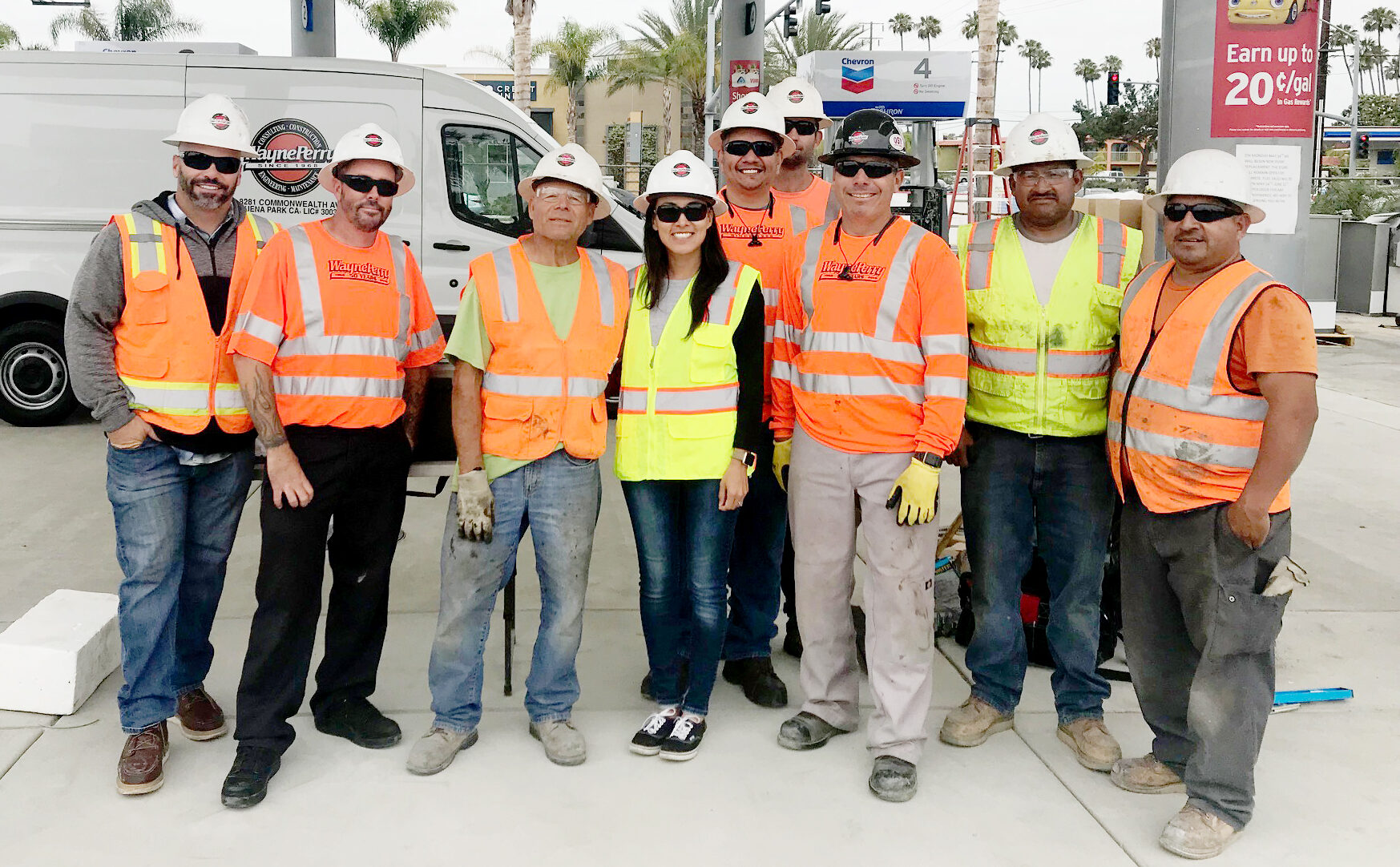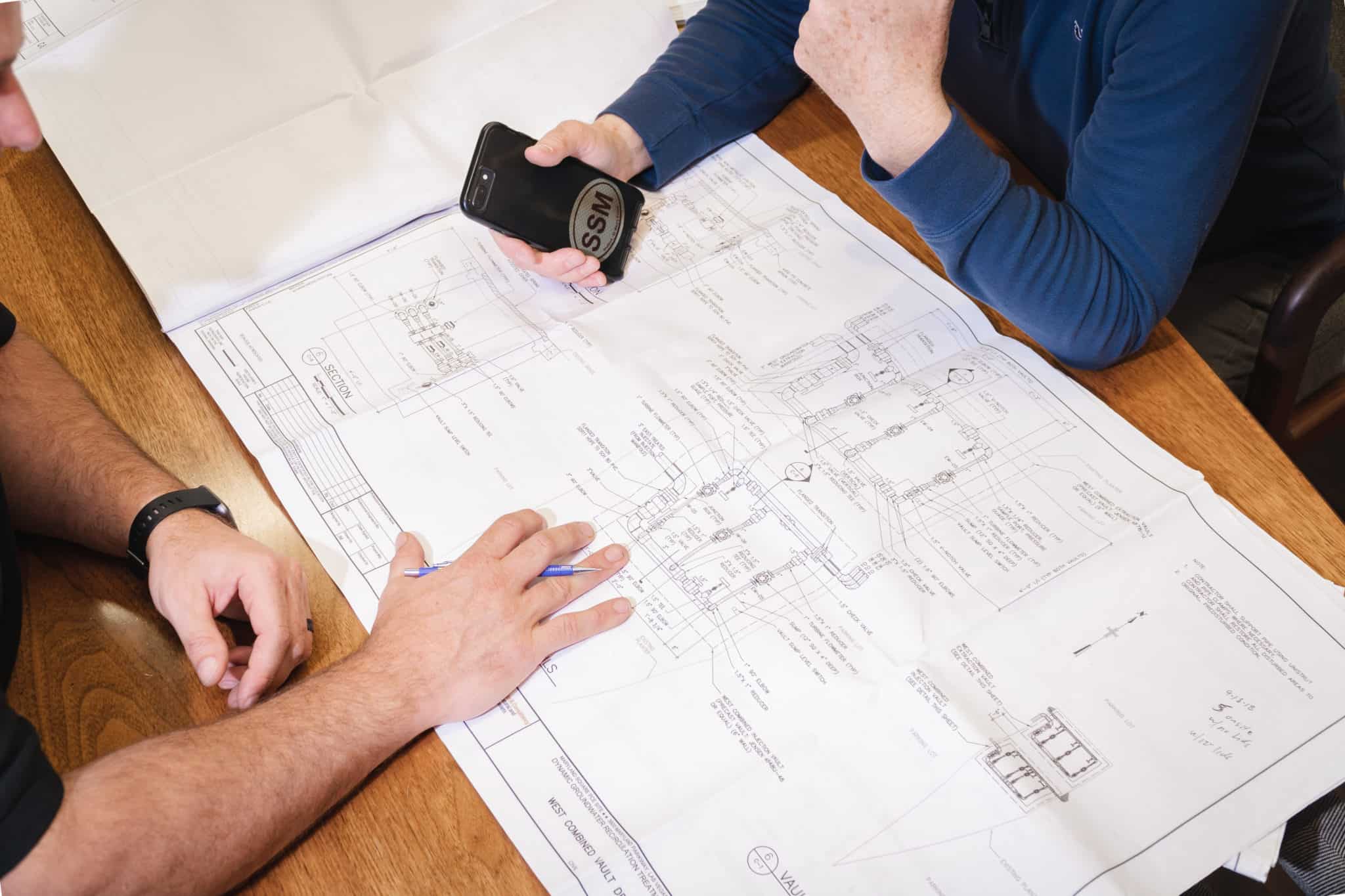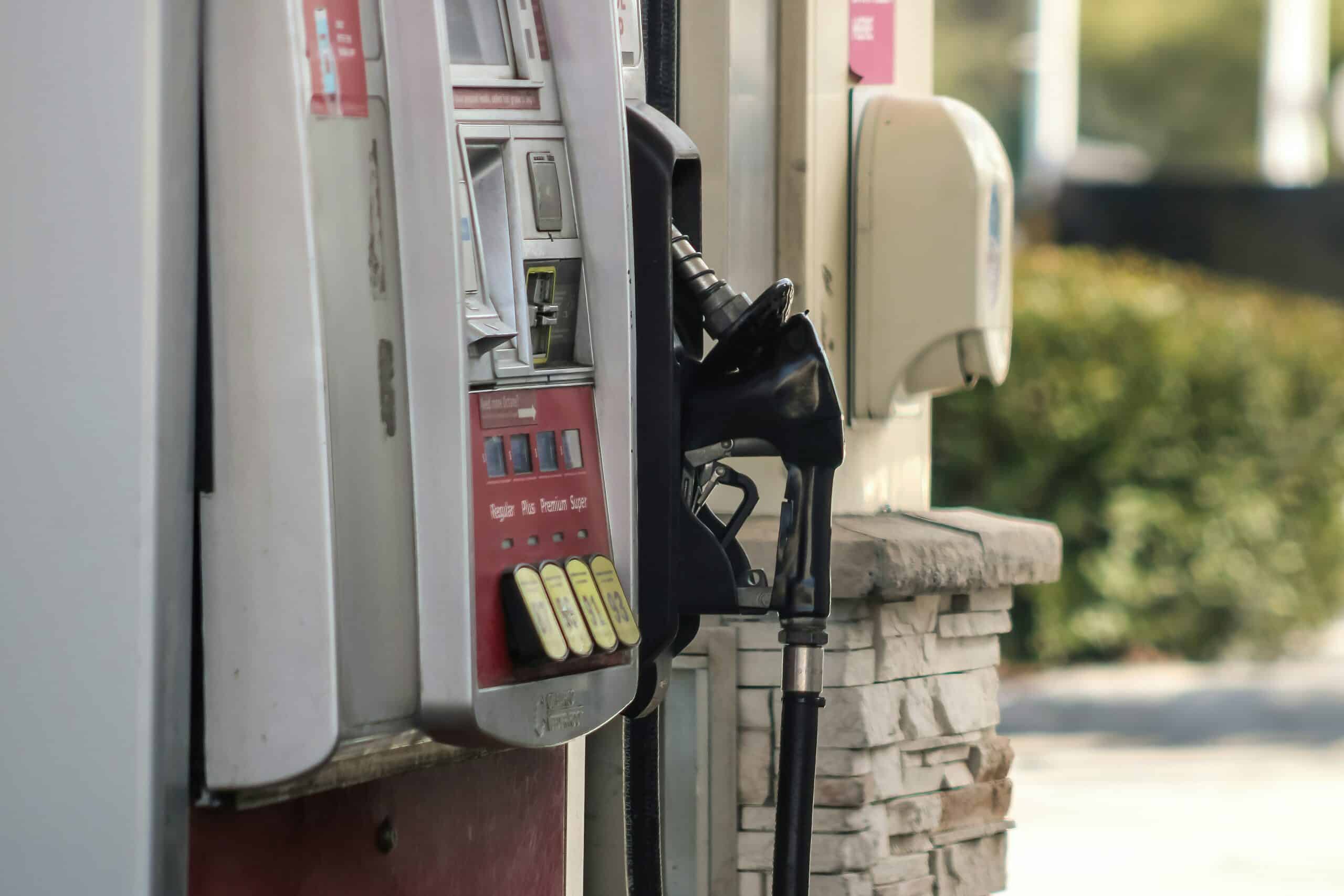Compressed natural gas (CNG) plays a significant role in California’s transition from fossil fuels to cleaner, greener solutions. As the demand for CNG fueling infrastructure continues to grow throughout the state, it’s crucial to ensure your fuel station construction projects are executed efficiently, safely, and in compliance with state regulations. Check out the following best practices that fleet and station owners should follow when initiating a CNG construction project. These steps will help you build a greener, more sustainable future and keep California at the forefront of the clean energy revolution:
- Work with an experienced design professional.
The first step in the process is to choose an experienced design expert who can help you identify the best site for your new station and obtain the necessary construction permits. When identifying locations, they’ll take into account factors such as accessibility, proximity to demand centers, and compliance with zoning regulations. An experienced design professional with this level of expertise can guide you through the complex and lengthy application process and ensure your project stays on schedule. - Put safety first.
Safety is paramount in CNG construction. Prioritize safety through rigorous employee training programs, and work with contractors who strictly adhere to industry standards. CNG is a highly flammable gas, so it’s essential to follow proper safety procedures, including gas detection processes, emergency response plans, and a well-trained team that can handle unforeseen situations. - Procure top-of-the-line equipment and materials.
The quality of the equipment and materials used in CNG construction directly affects a project’s success. All procured equipment and materials should meet or exceed industry standards. This includes CNG compressors, storage tanks, dispensers, and other critical components. Having a facility designed and engineered with top-quality equipment reduces the likelihood of downtime and costly repairs down the road. - Prioritize environmental considerations.
Given California’s commitment to environmental sustainability, it’s essential to minimize the ecological impact of your CNG construction projects. Work with specialists who are knowledgeable in environmentally friendly practices, including soil remediation, groundwater protection, and pollution prevention measures to ensure compliance with state regulations and promote the state’s environmental protection initiatives. - Ensure compliance with all regulations.
California has stringent regulations regarding CNG construction. Ensuring compliance with these rules is crucial for a successful project outcome. Engage experts who are well versed in California’s regulatory framework to minimize costly rework, avoid penalties, and stay on top of your project’s critical path. Their expertise can save you time and money, preventing costly delays and penalties. - Optimize station layout through efficient design.
Efficient design is a key factor in successful CNG construction projects. Whether you intend to service your own private fleet, motorists, or a mix of both, be sure your station is engineered and designed to provide an optimal fueling layout. Efficiency leads to reduced operational costs, improved fueling throughput, and higher return on your investment. - Don’t overlook project management.
Effective project management is critical to meeting timelines and budgets. Partner with experts who have a proven track record of managing CNG construction projects throughout California. These experts can provide transparent communication, regular progress updates, and expert project management to ensure your project is delivered on time and within budget. - Secure reliable maintenance to support your operations.
CNG facilities require ongoing maintenance to operate at peak efficiency. Efficient maintenance and support are essential to keeping your facility running smoothly. Preventive maintenance thwarts costly breakdowns and ensures the continued effective operation of your CNG business. - Provide employee training and education.
Knowledge is power. Offer training programs to educate your personnel on CNG facility operations and maintenance. Well-trained personnel can ensure the long-term success of your CNG infrastructure.
CNG construction in California is a promising avenue for fleet and fuel station owners looking to embrace clean energy solutions. Ensure you have the right expertise, safety measures, compliance, and efficiencies in place throughout your construction process. With these best practices, you can be confident in the success of your CNG project and contribute to a more sustainable future for California.





